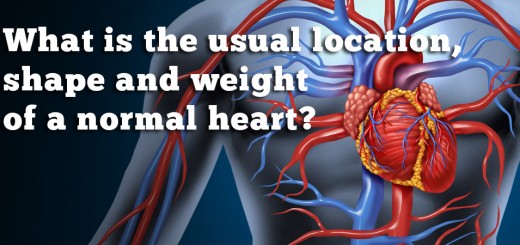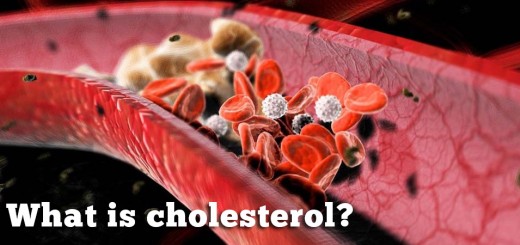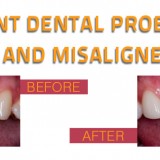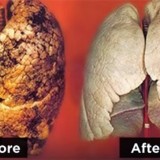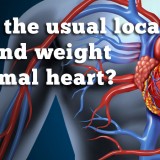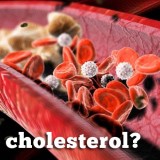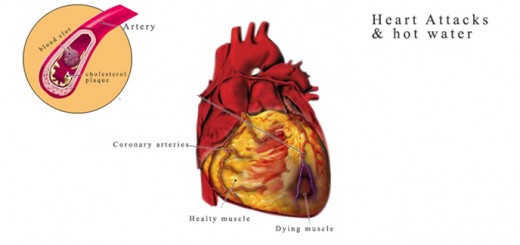In the majority of cases, a heart attack is due to atherosclerosis of coronary arteries. In the atherosclerotic process, the inner layer of the coronary arteries thickens with irregular lining, and fats, cholesterol, and other deposits (called atheroma or plaques) will accumulate in certain areas of those arteries. Blood clots tend to develop in advanced atherosclerosis, and such clots frequently cause marked reduction or cessation of the coronary blood circulation, which leads to a heart attack. In atherosclerosis, blood cells called platelets frequently clump at microscopic sites of injury to the inner layer of the coronary artery. This process speeds up the accumulation of the fatty deposits.
Occasionally a coronary artery spasm may cause a heart attack but, in most cases, the underlying atherosclerosis coexists with such spasm. In rare cases, a congenital narrowing or irregularity of the coronary artery (such as abnormal coronary arteries from birth) or a shock or trauma may cause a heart attack. Cocaine and other drugs or chemicals also may cause a heart attack in rare cases.



